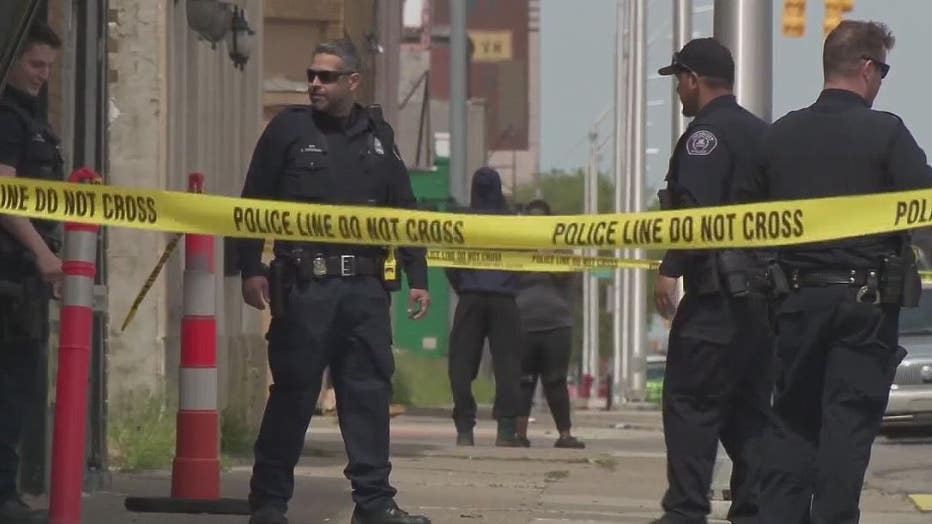State to make $20M investment in law enforcement training, pleasing activists, police leaders

New legislation would require more training for law enforcement officers
They will now be required to finish a training course in order to keep their licenses in law enforcement - meaning they could lose them, otherwise.
FOX 2 (WJBK) - A big change coming for Michigan’s police officers. They will now be required to finish a training course in order to keep their licenses in law enforcement - meaning they could lose them, otherwise.
The change comes with a $20 million investment in mandatory police education. Warren Police Commissioner and former Farmington Hills Police Chief Bill Dwyer says it’s a good move.
"Once you graduate from the police academy, and you are certified by MCOLEs, a lot of departments have no ongoing training now," said Dwyer. "Other departments such as Farmington Hills or Warren we have on going training thorough the year in alot of different areas and it includes bias training, force training."
MCOLES is the Michigan Commission on Law Enforcement Standards, a board made up of numerous police bosses, officers, and civilians. Sources say it’s working on what the standards would for the licenses to be maintained.
"Well it’s a good start," said Detroit activist Malik Shabazz.
Shabazz has long called for police reform and welcomes the change, particularly after the shocking beating death of Tyre Nichols at the hands of several Memphis Police officers, one of the latest incidents renewing national calls for police reform.
"I looked at Tyre Nichols. I cried," Shabazz said. "Who can’t cry seeing that? And the man is calling out for his mother. We are sick of this. This goes on daily in our country."
Jim Tignanelli is the president of the Police Officers Association of Michigan, the state's largest police officer’s union.
"I’m happy. Yes. I’m glad that they’ve taken this initiative," he said.
He says the $20 million in funding will be limited as it’s divided up amongst Michigan’s officers.
Many in the field want even more money invested. But he says he’s also concerned about who provides that extra training.
"My main concern is who instructs it?" Tignanelli said. "I don’t think it has to be exclusively law enforcement people because people will say that’s tainted."
That $20 million will be dispersed based on the size and the number of full-time officers in various police departments.


